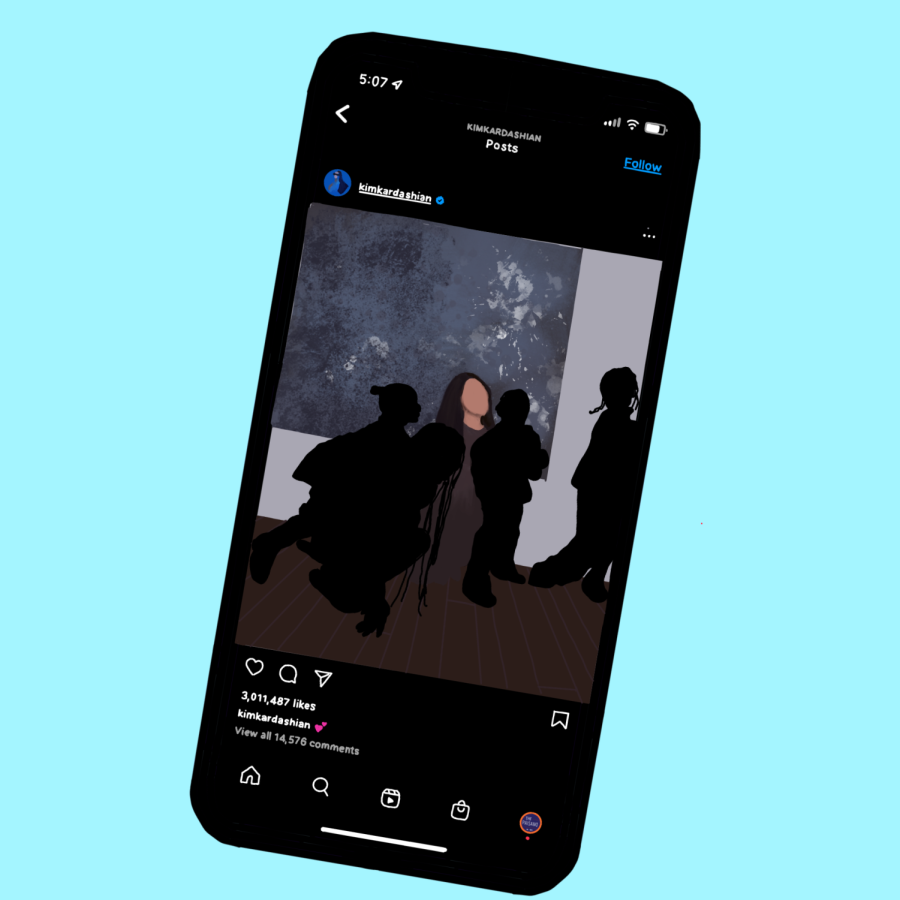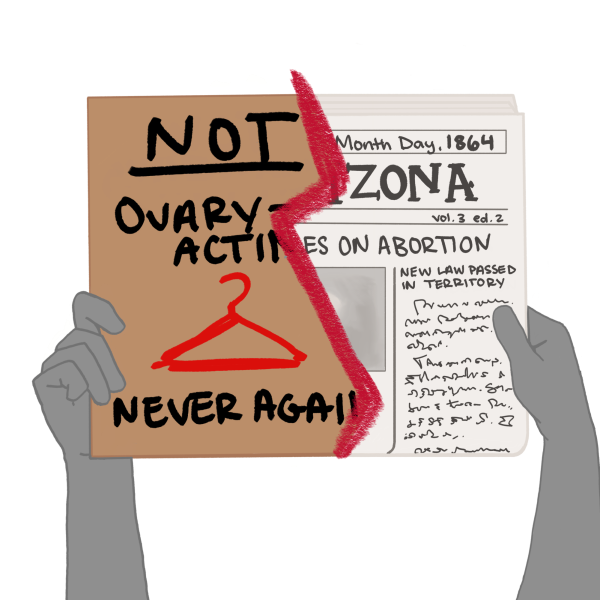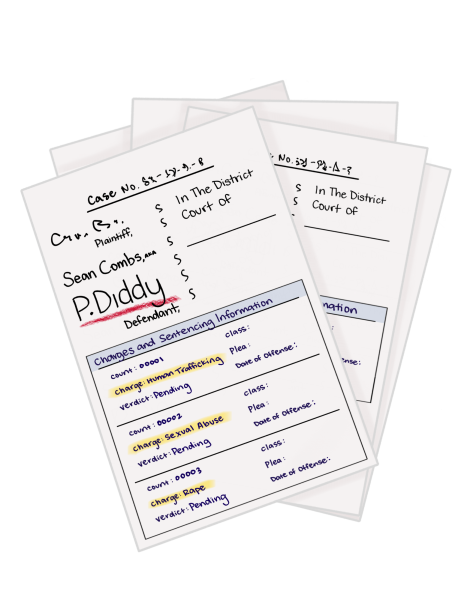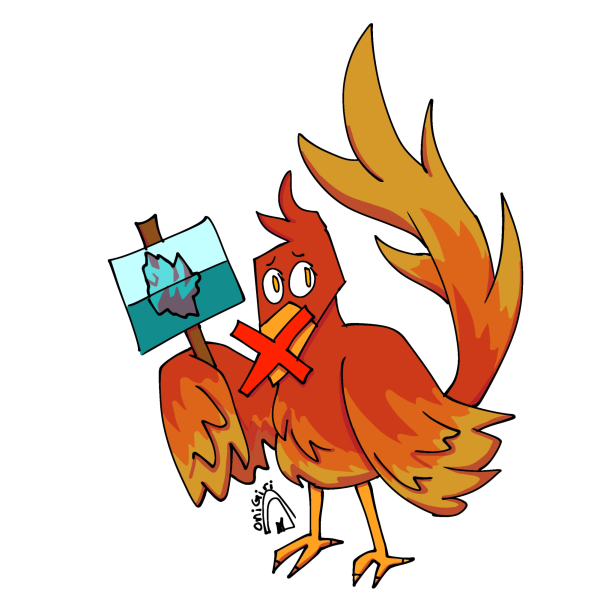Leave it up to them
February 8, 2022
As we continue to navigate through the digital age using major social media platforms to normalize revealing the most private details of our lives on public accounts, we should start questioning the ethics of certain posts. Consenting adults might not bat an eye about being posted on social media for millions of people to see, but what about their children? There are pages upon pages of content dedicated to children, many of whom are not even old enough to speak full sentences, let alone understand that they are the center of attention on apps with massive followings. It might be adorable now, but these viral videos could cause a world of problems later down the line.
Recently, Kanye West called out Kim Kardashian for posting their eight year-old daughter, North West, on TikTok without consulting him beforehand, deeming it a breach of privacy. It is safe to assume that children who have gone viral might grow up without a sense of boundaries when it comes to posting on social media, which could lead to sensitive information being leaked or the loss of the right to their own privacy. While some parents might be proponents of bodily autonomy when it comes to letting their children decide whether they want to hug or kiss other people, there seems to be no apprehension about their digital presence. Without the autonomy to decide which parts of them end up online, children might feel out of control and ignored, ultimately causing a disconnect between who they are on the internet and who they are in person.
Not only could the incessant posting lead to the inability to understand online boundaries, but it could also ruin their teenage and adult lives. Every photo and video sent into the abyss that is the internet is dangerously permanent. That hilarious video you saw on Instagram or TikTok of a child crying, dancing or anything in between will follow them for the rest of their lives. All it takes is a simple Google search to dig deep into the life of someone who went viral, leaving them subject to bullying of all types.
Celebrities like Zayn Malik and Gigi Hadid have set an example for parents who are unsure about posting their children online. Hadid spoke out about their decision to blur their daughter’s face in photos in an interview with People Magazine.
“Our wish is that she can choose how to share herself with the world when she comes of age,” Hadid said.
By following the rule of keeping their daughter’s identity anonymous, Malik and Hadid are preventing the possible consequences of allowing unconsenting children to go viral. Parents should think before they post their child for views and follows, as these are decisions that could affect their futures for years to come.












